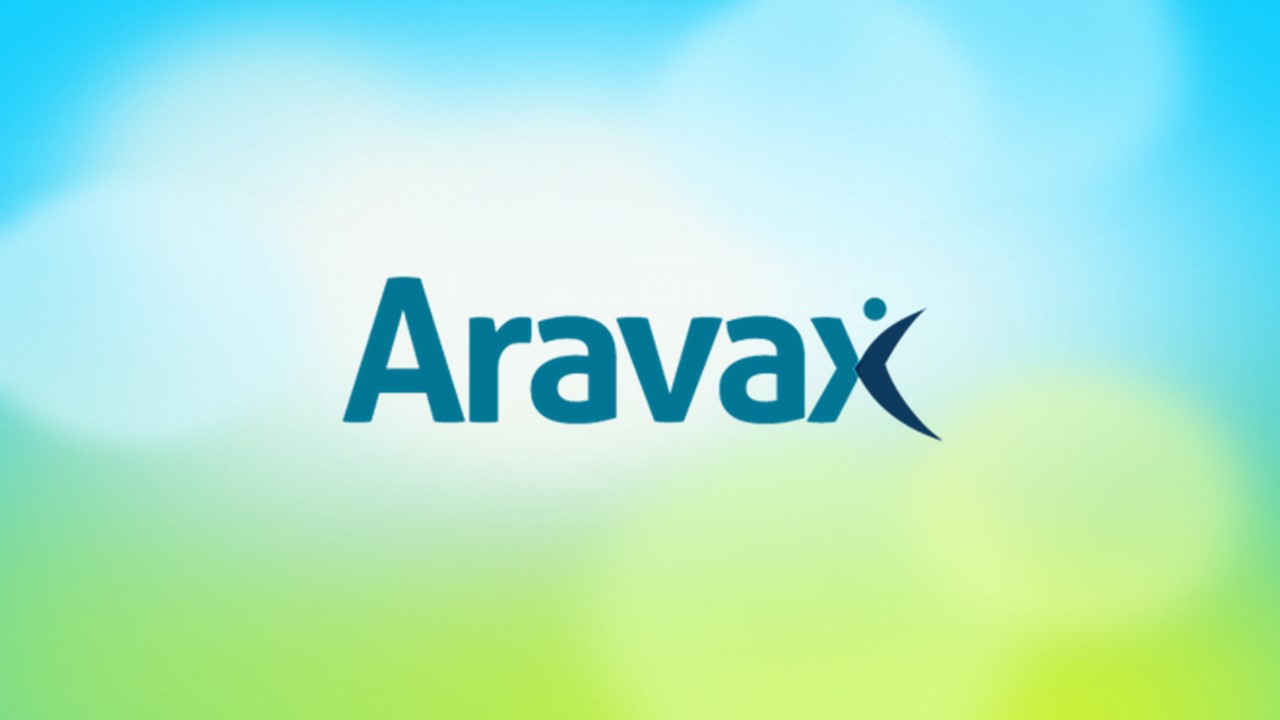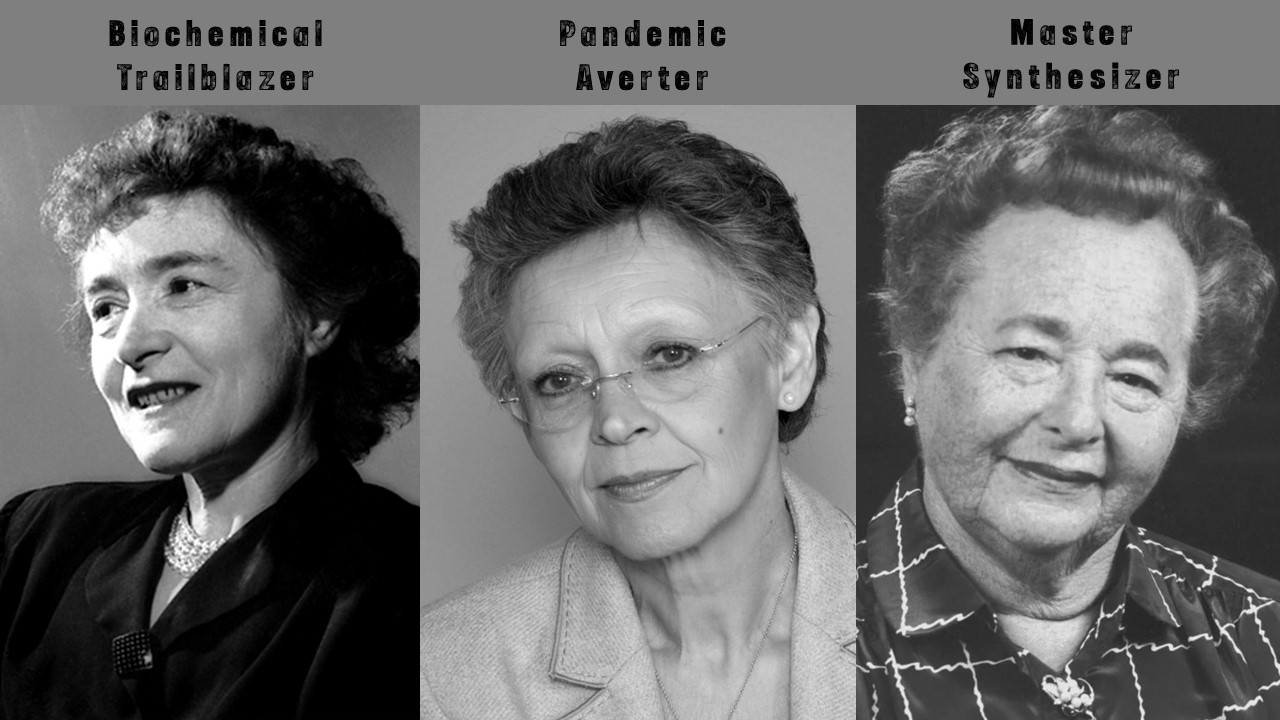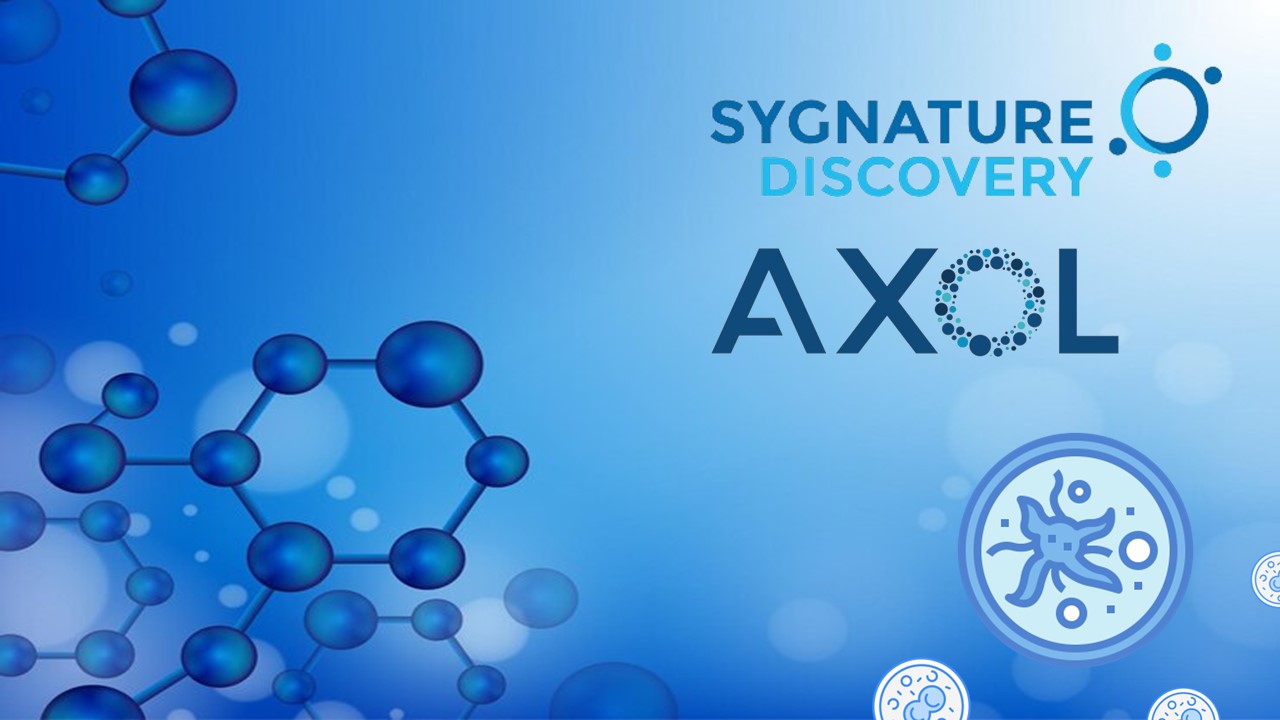Intellia to buy Rewrite Therapeutics for DNA editing
3 Feb 2022
Clinical-stage genome editing firm, Intellia, announced their acquisition of Rewrite Therapeutics. The move represents an expansion of Intellia’s already established interests – with both firms already engaged in significant CRISPR/Cas-9 based gene editing projects. Intellia hopes the merger will enable more precise editing using Rewrite’s DNA writing technologies, particularly in the challenging space of genome editing in non-dividing cell types. The purchase comes at an upfront cost of $45m for Intellia, with a further $155m locked behind milestone payments. The transaction solidifies Intellia’s leading position within the genome editing industry, a view reiterated by Rewrite President and CEO, Dr. Hakked Shalperin:
“Since my initial discovery that CRISPR-guided polymerases could help advance genome editing capabilities, I have focused my efforts on developing a suite of genome editing tools that could one day be used to create innovative and potentially curative treatments for patients with life-threatening diseases. I am thrilled that these inventions will now be leveraged by the industry leader, Intellia, so that the full power and potential of genome editing can be harnessed to benefit patients.”
Mersana and Janssen to work in high-value Antibody-Drug Conjugate partnership
3 Feb 2022
Earlier this week, Mersana Therapeutics announced an agreement to collaborate with Janssen Pharmaceuticals for the discovery and development of a pipeline of Antibody-Drug Conjugates (ADCs). ADCs are targeted therapies consisting of a cytotoxic drug bound to an antibody that provides tissue specificity. The technology has shown an upwards trend in prominence in the field of oncology, with Mersana Tx already being a clinical stage company. Janssen hopes the agreement will lead to the discovery of product candidates for three targets, using Mersana’s innovative Dolasynthen platform – and their extensive expertise in the field. Janssen will retain sole responsibility for clinical development and commercialization, subsequent to joint preclinical development efforts. In exchange, Mersana will receive an upfront payment of $40m with the potential of up to $1b in milestone payments and royalties. Mersana CEO, Anna Protopapas, expressed her confidence in her company’s technology in a forward-looking statement:
“Our fully homogenous Dolasynthen platform enables both precise control of drug-to-antibody ratio (DAR) as well as the ability to vary the DAR across a broad range. Dolasynthen provides a unique opportunity to optimally design an ADC matched to a given target. We look forward to bringing both the differentiated capabilities of our Dolasynthen platform and our deep expertise in optimizing ADCs to this collaboration.”
Amgen and Plexium to work together on Targeted Protein Degradation Discovery
3 Feb 2022
Amgen and Plexium have announced plans for the initiation of a collaboration on the discovery of targeted protein degradation therapeutics. The program will focus on novel targets that have proven challenging to tackle so far, with the aim to discover at least two targets – although Amgen will reserve the option to add additional programs to the collaboration. As part of the agreement, Plexium will be eligible to receive $500m in performance and milestone-related payments, with additional royalties. The partnership shows the growing interest in small-molecule chimeras, with Plexium hoping to target molecular glues and monovalent degraders to reach previously undruggable targets. Similar views were expressed by Ray Deshaies, senior vice president of Global Research at Amgen:
“We are on the cusp of a new era of drug discovery where medicines could function very differently than conventional ones do today. Collaborating with Plexium and leveraging their innovative technology to identify molecular glue degraders can help tackle some of the most challenging protein targets to address serious disease.”
Brickell to pick up Carna’s STING Portfolio
2 Feb 2022
Brickell Biotech announced plans to enter into an exclusive licensing agreement with Carna Biosciences for the acquisition of the latter’s Stimulator of Interferon Genes (STING) portfolio. As part of the agreement, Brickell will receive the rights for the global development and commercialization of Carna’s STING portfolio. Carna will receive a $2m upfront payment, with additional milestone payments of up to $258m plus royalties. Brickell Biotech, a clinical stage firm, specializes in the therapeutic areas for autoimmune and inflammatory disease. The role of the innate immune system is critical in such conditions, as is the involvement of interferons in innate immune responses. Brickell hopes that the acquisition of the STING inhibitor portfolio, which are well-established innate immunity mediators, will accelerate their own progress in the field. These views were reflected by the Chief Medical Officer of Brickell Biotech, Dr. Monica Luchi:
“Inhibiting the STING pathway is a compelling and differentiated approach. In many chronic inflammatory conditions, persistent inflammation results in substantial tissue damage and release of DNA fragments into the extracellular space. The cGAS-STING pathway is the crucial sensor for these extracellular DNA fragments, which triggers release of interferons and other pro-inflammatory cytokines that further exacerbates the inflammation.”
Janssen Pharmaceuticals snaps up Anakuria Therapeutics
2 Feb 2022
Navitor Pharmaceuticals, the parent company of Anakuria Therapeutics, has announced the latter’s sale to Janssen Pharmaceuticals. Anakuria was formed by Navitor to investigate selective rapamycin analog mTORC1 inhibitor (AT-20494) for the treatment of autosomal dominant polycystic kidney disease (ADPKD). AT-20494 selectively inhibits mTORC1, which is one of the chief modulators for cellular metabolism. mTORC1 displays overactivity across a spectrum of chronic diseases – including ADPKD. The investigational product is a first-in-class, being the first truly selective inhibitor for mTORC1 investigated in humans. Preclinical studies have already shown promising results, which is perhaps what sparked the interest for the acquisition. Navitor CEO, Tom Hughes, expressed hopes that Anakuria’s status as a Janssen subsidiary will accelerate development and commercialization for AT-20494 in a forward-looking statement:
“We are thrilled that the potential value and substantially differentiated profile of Anakuria’s mTORC1 inhibitor program can be explored with Janssen. With decades of experience in developing, manufacturing and commercializing innovative therapies for patients suffering from a broad range of diseases and conditions, Janssen is ideally positioned to rapidly advance our program in the clinic.”
City of Hope to acquire Cancer Treatment Centers of America
2 Feb 2022
City of Hope, one of the largest and leading comprehensive cancer care centers in America, has announced its plans to acquire the Cancer Treatment Centers of America (CTCA). The addition of CTCA’s network of facilities, including oncology hospitals and outpatient clinics, to City of Hope’s infrastructure is hoped to build one of the largest integrated cancer research and treatment systems in the world. City of Hope seeks to expand access to its innovative care and clinical trials programmes to patients across the nation, with the combined post-merger company expecting to have a base of over 115,000 patients a year. Robert Stone, City of Hope CEO, highlighted the importance of infrastructures that combine research with treatment provision in a forward-looking statement:
“Together, we are creating a new model for how cancer care is delivered, leveraging real-world cancer care experience to inform scientific innovation and making tomorrow’s new discoveries available to the people who need them today.”
Sarepta and GenEdit Embark on Neuromuscular Disease Gene Editing Collaboration
1 Feb 2022
In a further expansion of the prominence of gene editing, Sarepta announced a new collaboration with GenEdit for the development of therapeutics in the field of neuromuscular diseases. The agreement will see Sarepta’s gene editing technologies combined with GenEdit’s proprietary NanoGalaxy nanoparticle delivery platforms to develop novel products that target muscle tissues. Previous collaboration in the field already demonstrated the possibility of targeting muscles through systemic administration of the investigational products, highlighting the feasibility of the agreement and the effectiveness of GenEdit’s delivery vehicle with regards to specificity. Kunwoo Lee, GenEdit CEO, expressed his confidence in GenEdit’s platform for the future of the collaboration:
“GenEdit has demonstrated in this collaboration and in our own studies that the NanoGalaxy platform can overcome historic challenges in the field and achieve tissue-selective delivery of a broad range of genetic medicine cargos. GenEdit is excited to continue to advance our collaboration with Sarepta and work together to identify and develop gene editing therapeutic candidates for neuromuscular diseases with the goal of having a tremendous impact on patients.”
Nick Zoukas, Former Editor, PharmaFEATURES
Subscribe
to get our
LATEST NEWS
Related Posts

Leadership, Trends & Investments
Aravax Continues International Expansion with Appointment of Aled Williams as Chief Business Officer
Aravax announces the appointment of Alex Williams as Chief Business Officer.

Leadership, Trends & Investments
The Immigrant, The Career-Undecided, and The Supermarket Supervisor-turned-Scientist
Learn more about the 1947, 1988, and 2008 Physiology or Medicine Female Nobel Laureates.
Read More Articles
Myosin’s Molecular Toggle: How Dimerization of the Globular Tail Domain Controls the Motor Function of Myo5a
Myo5a exists in either an inhibited, triangulated rest or an extended, motile activation, each conformation dictated by the interplay between the GTD and its surroundings.













